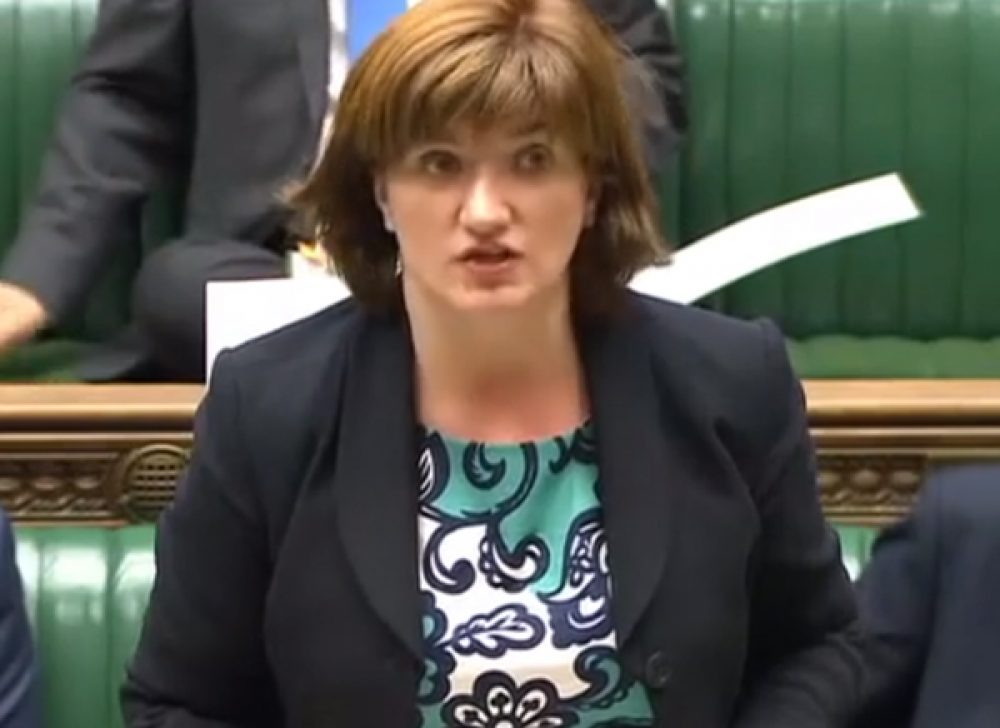Secondary schools in areas where the brightest pupils are selected for grammar schools will be more likely to be classed as coasting under the government’s newly revealed definitions.
Analysis by Education Datalab has found that nearly one in five secondary schools (18 per cent) in local authorities that also have grammar schools would be defined as “coasting” if data from 2012-14 were used.
The percentage of these schools – secondary moderns – is higher than the 13 per cent of all secondary schools likely to be judged as coasting.
None of the 122 grammar schools in selective areas would be classed as coasting under the new definition.
The findings raise fresh fears that the government’s plans to intervene in coasting schools – many of which education secretary Nicky Morgan says are in advantaged “leafy areas” – will target schools with lower ability and less advantaged intakes.
Ian Widdows, founder of the National Association of Secondary Moderns and deputy headteacher at Giles Academy in Lincolnshire, told Schools Week: “We are yet again faced with a scenario that disproportionately focuses on those schools with lower ability intakes.
“This is a consequence of a continued emphasis on threshold attainment measures that do not take into account pupil starting points – it is ironic that this announcement was made on the final day for schools to opt in early for the new accountability measure of Progress 8.”
He said it was particularly disappointing that the announcement came as a series of other measures also affected schools with lower ability intakes, including “the EBacc for all, and changes to the grading of GCSEs”.
There are 19 local authorities where more than 10 per cent of pupils are in grammar schools. Datalab found 51 of the 286 secondary schools in these areas would be considered coasting using the school’s past three years of achievement data.
Dr Becky Allen, Education Datalab director, said: “In my view, the coasting schools legislation should address the relative underperformance of some schools who serve higher ability and more affluent intakes.
“Unfortunately, the definition of coasting in the draft bill means these schools escape judgment once more.
“Schools with lower average ability intakes are already subject to multiple accountability measures. They are more likely to be judged by Ofsted as unsatisfactory and are more likely to fall below existing floor targets.
Robert McCartney QC, chair of the National Grammar Schools Association, said: “The concept of ‘coasting schools’ defined by an arbitrary bench mark is an intellectual morass that is both muddled and unworkable.
“The basic reasoning, the proposed methodology of its application and the failure to appreciate both social factors and the fundamental nature of education make the ‘coasting concept’ fatally flawed both in relation to the poorly performing comprehensives and the good but not outstanding grammars.”
Read Robert McCartney response







Your thoughts